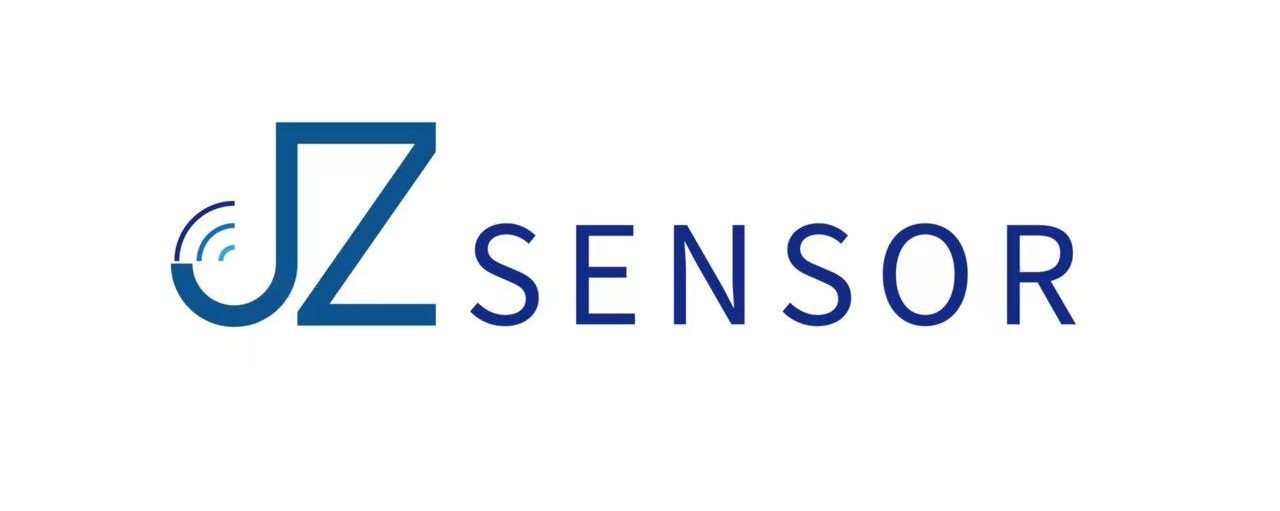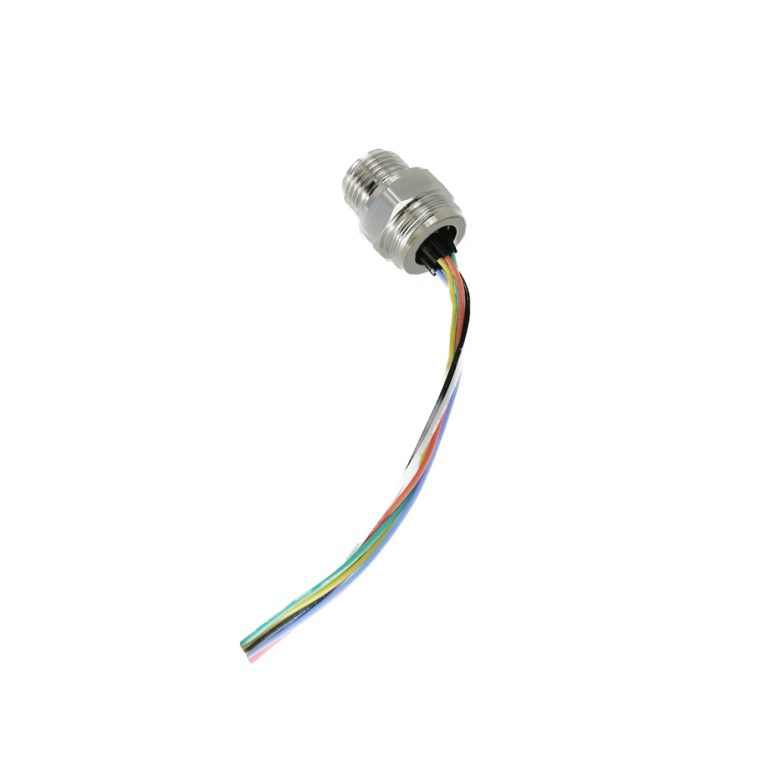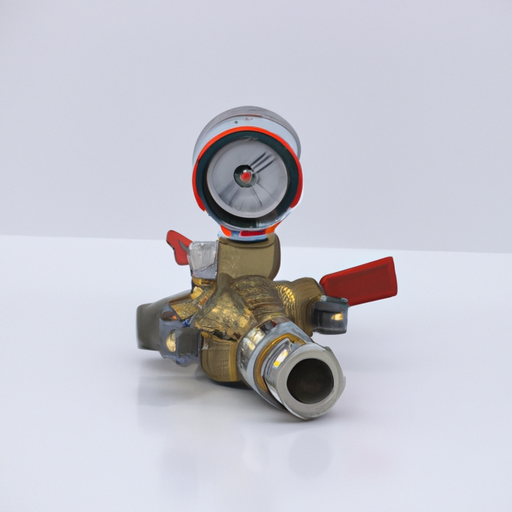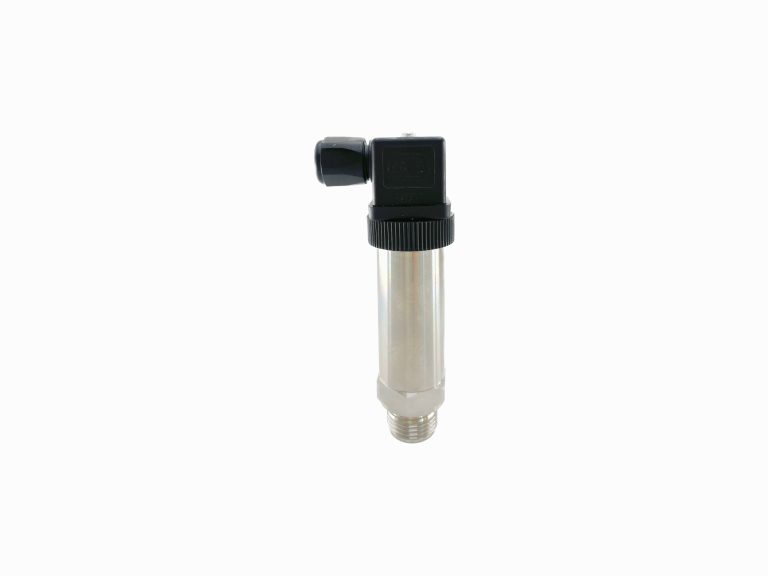Advancements in Industrial Pressure Sensors: A Comprehensive Guide
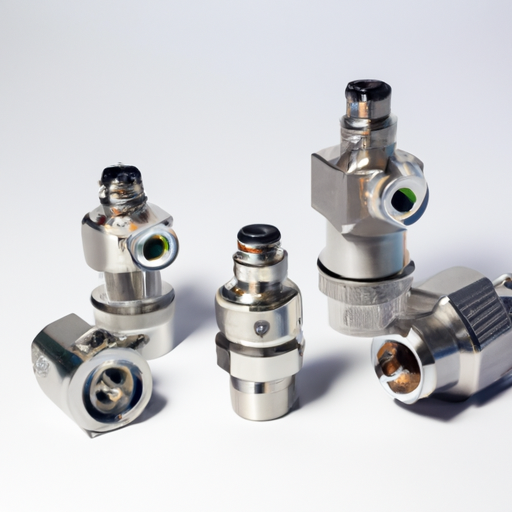
Advancements in Industrial Pressure Sensors: A Comprehensive Guide
Pressure sensors play a crucial role in various industrial applications, providing accurate and reliable measurements of pressure levels. These sensors are used in a wide range of industries, including automotive, aerospace, oil and gas, and manufacturing. As technology continues to evolve, pressure sensor manufacturers are constantly developing new and improved sensors to meet the growing demands of these industries.
One of the key advancements in industrial pressure sensors is the use of microelectromechanical systems (MEMS) technology. MEMS pressure sensors are smaller, more efficient, and more cost-effective than traditional sensors. They are also highly sensitive and can accurately measure pressure changes in real-time. This technology has revolutionized the industrial sector, allowing for more precise control and monitoring of pressure levels.
Another significant advancement in pressure sensor technology is the integration of wireless communication capabilities. Wireless pressure sensors eliminate the need for cumbersome wiring and allow for remote monitoring and control. This is particularly beneficial in industries where sensors are located in hard-to-reach or hazardous areas. With wireless sensors, operators can easily access pressure data from a central control room, improving efficiency and safety.
In addition to MEMS and wireless technology, pressure sensor manufacturers are also focusing on improving the durability and reliability of their sensors. Industrial environments can be harsh, with high temperatures, vibrations, and exposure to chemicals. Therefore, pressure sensors need to be able to withstand these conditions without compromising accuracy. Manufacturers are using advanced materials and sealing techniques to ensure that their sensors can operate reliably in even the harshest environments.
Furthermore, advancements in pressure sensor technology have led to the development of smart sensors. These sensors are equipped with built-in intelligence and can provide more than just pressure measurements. They can also monitor temperature, humidity, and other environmental factors, providing a comprehensive view of the industrial process. Smart sensors can detect anomalies and send alerts in real-time, allowing for proactive maintenance and preventing costly downtime.
The integration of pressure sensors with Internet of Things (IoT) technology is another significant advancement in the industrial sector. IoT-enabled pressure sensors can communicate with other devices and systems, creating a network of interconnected devices. This allows for seamless data sharing and analysis, enabling predictive maintenance and optimization of industrial processes. With IoT-enabled pressure sensors, operators can monitor pressure levels remotely, analyze historical data, and make informed decisions to improve efficiency and productivity.
As pressure sensor technology continues to advance, manufacturers are also focusing on reducing power consumption. Energy-efficient sensors not only reduce operational costs but also contribute to sustainability efforts. By minimizing power consumption, pressure sensors can operate for longer periods without the need for frequent battery replacements or recharging.
In conclusion, advancements in industrial pressure sensors have revolutionized the way pressure is measured and monitored in various industries. MEMS technology, wireless communication, durability improvements, smart sensors, IoT integration, and energy efficiency are some of the key advancements in this field. These advancements have led to more accurate, reliable, and efficient pressure sensors that can withstand harsh industrial environments. As technology continues to evolve, pressure sensor manufacturers will continue to innovate, meeting the ever-growing demands of the industrial sector.
